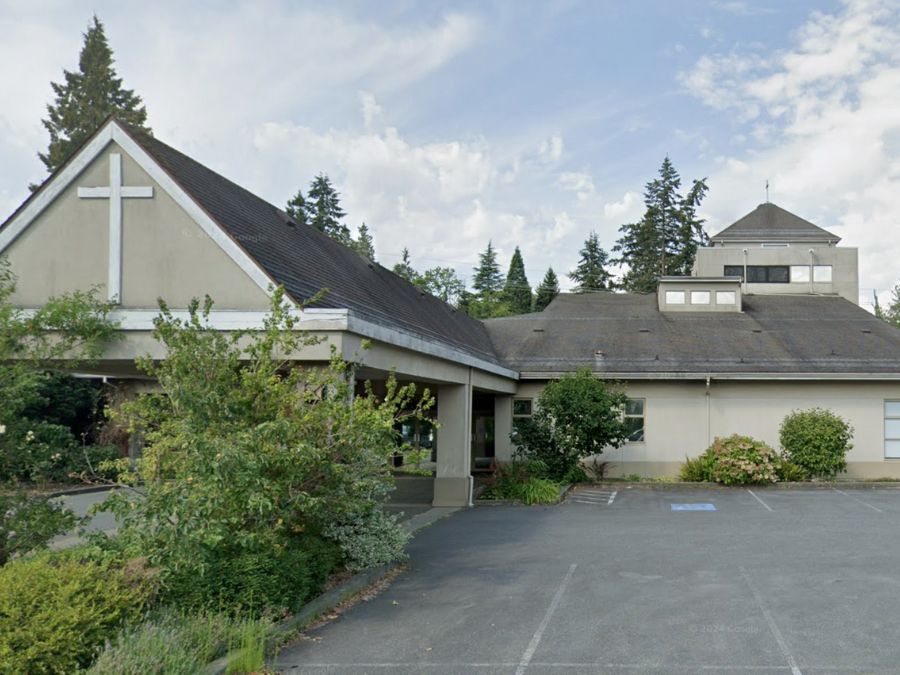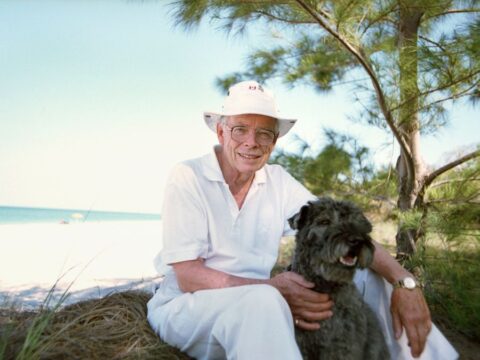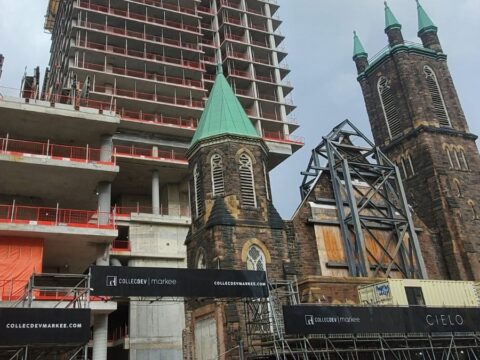A B.C. Supreme Court ruling handed control of a Surrey congregation’s property to The United Church of Canada, but a former council chair disputes that the church was dysfunctional.
The June court decision came after the denomination brought the lawsuit against former trustees of Bethany-Newton United, applying for relief as a landlord under the Commercial Tenancy Act to regain possession of the church property. In 2023, the United Church’s Pacific Mountain Region had attempted to take control of Bethany-Newton, citing a church in an “extremely unsatisfactory state” — alleging financial crisis, declining membership and trustees who resisted oversight, as well as conflict-of-interest issues involving the minister and her husband.
You may unsubscribe from any of our newsletters at any time.
The case, The United Church of Canada v. Juanita Lowe, Don Lowe, Craig Samuel Lee Perry, Arthurbill Etienne, also known as Bill Etienne, Dev Prasad, and Bethany-Newton United Church, was heard in the B.C. Supreme Court in Vancouver and decided by Justice Bruce Elwood on June 20. The judge rejected arguments from Bethany-Newton United’s former trustees that they were unlawfully removed from their roles, ruling that issues of leadership and oversight are internal church matters, not legal ones.
Justice Elwood concluded that the United Church holds legal ownership of Bethany-Newton United and that local trustees act only as caretakers on its behalf. He ordered that the denomination be granted possession and control of the property and awarded it legal costs.
“The concerns the respondents raise are a matter of internal church governance in which the courts should not interfere,” the ruling stated. “The respondents must give up possession of the land based on the ownership rights of the United Church.”
The case grew out of an August 2023 review by the United Church’s Pacific Mountain Regional Council, launched after a complaint made by a congregant. As a result of the review, PMRC dissolved the church’s governing body, suspended Rev. Juanita Lowe and appointed new trustees and a commission to oversee operations.
The former trustees allegedly resisted the intervention, blocking regional officials from entering the building and withholding documents.
More on Broadview:
- Why I can’t celebrate the Israel-Hamas peace deal — yet
- Danté Stewart on fighting the rise of Christian nationalism
- How memorizing the Gospel of Mark helped me grieve my wife’s death
While the respondents acknowledged the United Church’s overall authority, they argued they had been denied procedural fairness and removed improperly. The court rejected those claims, finding the denomination had acted within its rights under the federal act and church policy.
In an email to Broadview, Craig Perry — a former council chair at Bethany-Newton and one of the respondents named in the case — said that no one directly reached out to him with concerns about the church’s leadership or finances during his term as chair.
“I wish to make it clear that during my term as council chair, no member or adherent of Bethany-Newton ever approached me to ask for a review of Rev. Juanita’s leadership or made a formal complaint against Don Lowe,” he stated.
Perry believes the property’s value drove the regional council’s actions.
“Bethany-Newton’s congregation has grown to increasingly mistrust the motivations of Pacific Mountain Regional Council and the prior B.C. Conference,” he said. “We believe that they have the desire to either sell or redevelop the congregation’s property.”
He added that he believes the regional council “intended to take advantage of the conflict within the congregation” to further divide members and pave the way for selling the property.
According to a property information report published by the city of Surrey, the church property is worth just over $9 million.
But Treena Duncan, the executive minister of Pacific Mountain Regional Council, denies that money was a motivator in this situation.
“We have no commercial interest in the property whatsoever,” she said.
Duncan said the region had to step in.
“There were concerns about things like their charitable status wasn’t up to date, just basic church requirements we know weren’t being taken care of, so we needed to intervene.”
Duncan said in a follow-up interview in October that the regional council has regained access to the building and that the congregants can return for worship and pastoral care. The property is now held in trust for the congregation by an appointed commission acting as its board. The region, she added, is working to stabilize operations, restore charitable status, repair finances and support members as they decide on the congregation’s future. In the meantime, a minister has been appointed to provide pastoral care.
“Our intention has always been to help the congregation return to good standing,” Duncan said.
But Perry was doubtful about the region’s motivations.
“So far, Pacific Mountain Region has maintained that they wish to support the congregation,” he said. “But I can’t interpret this from the actions taken against us.”
***
Paniz Vedavarz is a Broadview summer intern.













